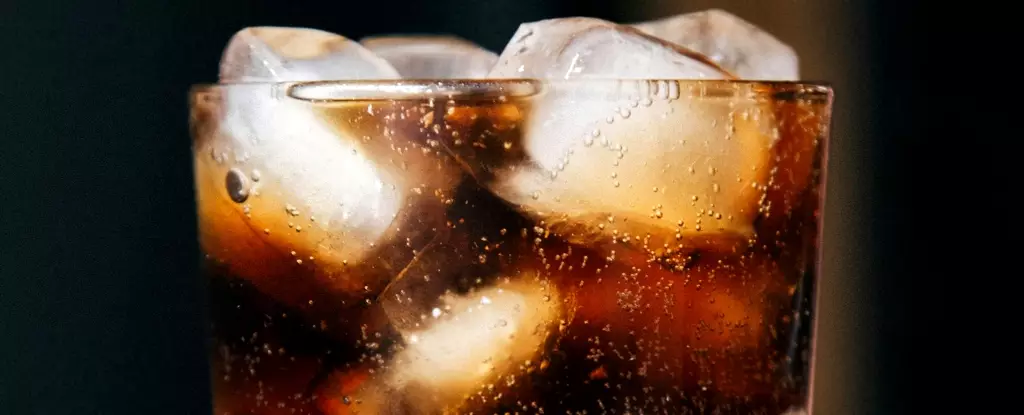In today’s fast-paced world, sugary beverages—ranging from sodas to energy drinks—entice individuals with their sweet allure and instant gratification. These beverages, meticulously crafted to be hyper-palatable, often contain significant amounts of sugar that hijack the brain’s pleasure centers. However, the initial enjoyment they provide masks a slew of health risks. As research continues to emerge, it is becoming increasingly clear that habitual consumption of these drinks can lead to severe health issues, including obesity, type 2 diabetes, heart disease, and tooth decay. It poses an urgent public health concern, especially in low- and middle-income countries.
The Stark Statistics: Health Impact at a Global Level
A recent study from Tufts University paints a grim picture of the health ramifications linked to sugar-sweetened beverages (SSBs). With an estimated 1.2 million new cases of cardiovascular disease and 2.2 million cases of type 2 diabetes attributed to SSB consumption each year, the global health burden is staggering. This study identifies a significant correlation between sugary drink intake and severe diseases in various regions, particularly in developing countries. The alarming statistics highlight not only the widespread appeal of these beverages but also the profound consequences they carry.
Research has shown that in Mexico, for example, nearly one-third of new diabetes cases can be traced back to sugary drink consumption. Similarly, Colombia reports nearly half of its new diabetes cases stemming from these drinks, while South Africa sees roughly 28% of new diabetes cases and 15% of new heart disease cases connected to SSBs. This data underscores the urgent need for intervention and awareness to mitigate these health risks.
The scope of what constitutes SSBs is broad, covering any drink that has added sugars with at least 50 kilocalories per 8-ounce serving. This includes various commercial and homemade products, such as soft drinks, fruit punches, energy drinks, and more. Notably, the definition excludes healthier options like unsweetened fruit juices; however, these may still pose health risks if consumed excessively. The distinction is crucial in framing the conversation about dietary choices and public health.
The study utilized extensive beverage intake data from the Global Dietary Database, synthesizing 450 surveys that collectively involved 2.9 million participants across 118 countries. By assessing the connections between SSB consumption and illness rates, the researchers aimed to develop a clearer understanding of the consequences associated with these sweetened drinks.
The implications of this research are stark. It reveals that SSBs contribute to around 80,000 deaths from type 2 diabetes and a staggering 258,000 deaths from cardiovascular diseases annually. It underscores the urgency for evidence-based demographic approaches aimed at curbing these beverages’ consumption. The research team, led by cardiologist Dariush Mozaffarian, emphasizes that targeted interventions are necessary, particularly in regions where the consumption rates are high and the healthcare resources are limited.
As we process sugary beverages rapidly, our bodies experience rapid spikes in blood sugar levels, leading to weight gain and a host of metabolic issues. The pronounced problem is that many people remain unaware of the health risks posed by these drinks, essentially remaining in a cycle of consumption that puts their health at risk.
First author and nutrition scientist Laura Lara-Castor calls for urgent, evidence-based interventions aimed at reducing the global consumption of sugar-sweetened beverages. The notion is that awareness alone is insufficient; tangible changes must be pursued. Educational campaigns, improved labeling, and governmental regulations could help address this growing concern. Mozaffarian further avows that much more effort is needed, particularly in Latin America and Africa, where the adverse health consequences of SSB consumption are felt most acutely.
The call for action emphasizes the importance of balancing pleasure with the long-term health implications of consuming sugary beverages. The messages need to resonate in ways that inspire change and awareness, facilitating an informed public that grows more conscious of their



Leave a Reply